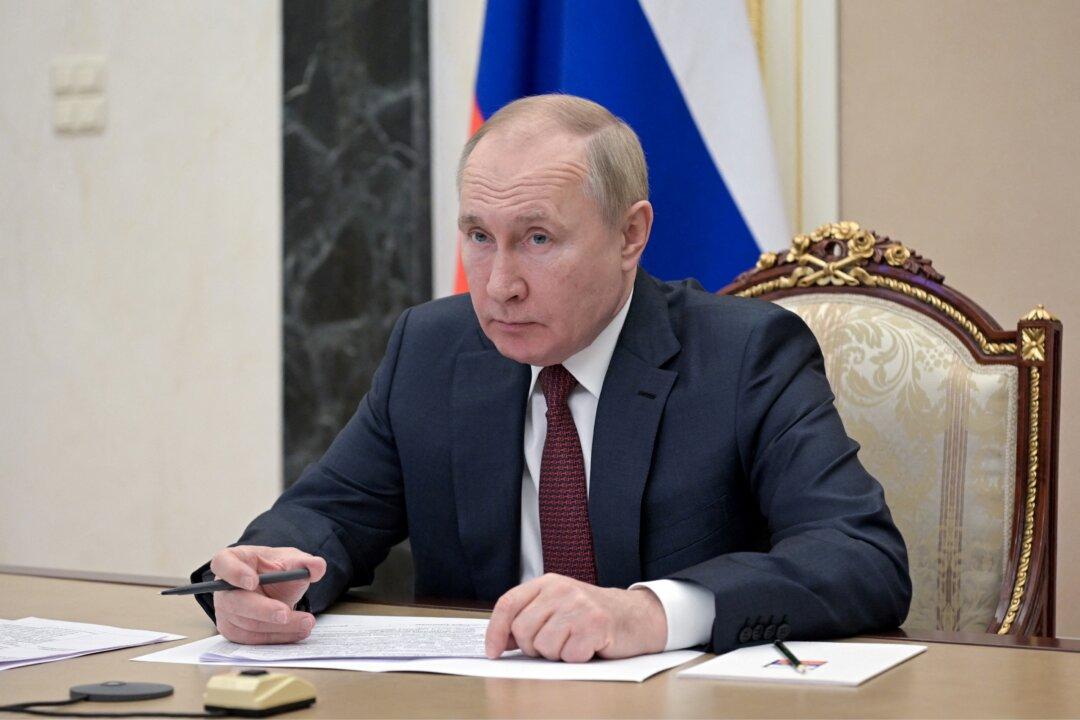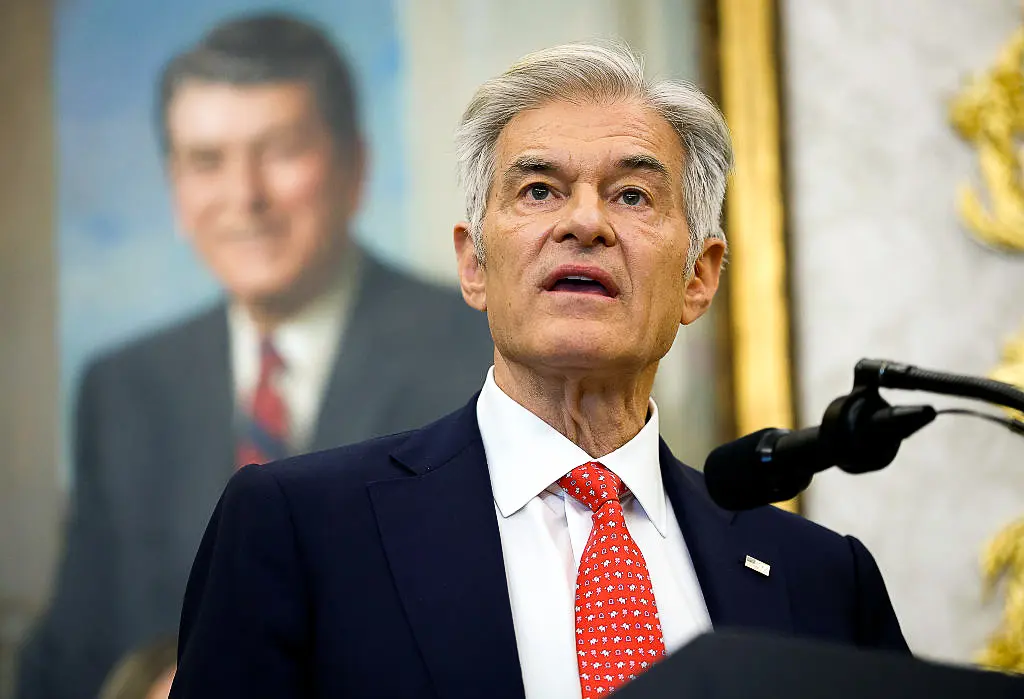Russian President Vladimir Putin on Tuesday delivered his first remarks on his country’s standoff with the West over Ukraine by claiming the United States and NATO have ignored Moscow’s top security demands.
“Russia is carefully analyzing the U.S. and NATO written responses, but it is already clear that Russia’s fundamental concerns have been ignored,” Putin said in Moscow Tuesday alongside Hungarian Prime Minister Viktor Orban. “NATO refers to the right of countries to choose freely, but you can not strengthen someone’s security at the expense of others.”





